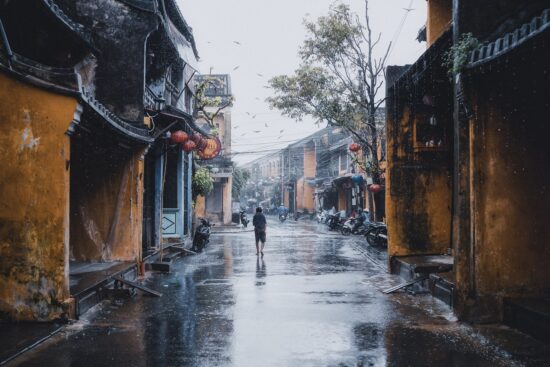Use of antimicrobials and other medical products in an ethnic minority context of South-Central Vietnam: A qualitative study of vulnerability
This study examines the social factors influencing access to medical products and healthcare among the Raglai ethnic minority in Ninh Thuan Province, Vietnam. Despite a government-funded health insurance scheme, the Raglai people’s flexible therapeutic itineraries do not start with formal healthcare. They combine private/informal, public, and shamanic care, determined by distance, cost, workload, perceived diagnostic capacity, and trust in providers. Available medicines are often tablets, and treatment is considered effective when it relieves symptoms. The Raglai communities are structurally unable to buffer themselves against AMR, and are among the least targeted by efforts to optimize antibiotic use.
AMR NEWS
Your Biweekly Source for Global AMR Insights!
Stay informed with the essential newsletter that brings together all the latest One Health news on antimicrobial resistance. Delivered straight to your inbox every two weeks, AMR NEWS provides a curated selection of international insights, key publications, and the latest updates in the fight against AMR.
Don’t miss out on staying ahead in the global AMR movement—subscribe now!





